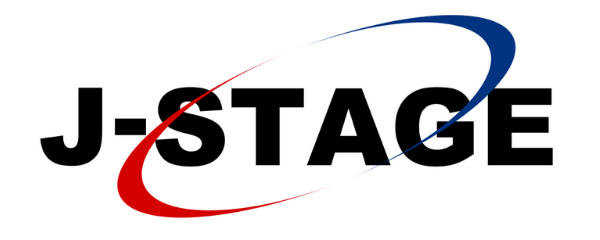JASID Prize Selection
JASID Prizes and Poster Presentation Awards The prize selection committee is in charge of evaluation and selection on the JASID Prizes and the Poster Presentation Awards. JASID Prizes are categorized into Grand Prize, Encouragement Prize, Journal Paper Prize and Committee Special Award. Grand Prize is awarded to the distinguished book or monograph; Journal Paper Prize is awarded to an excellent paper published in an academic journal on the field of international development including the...
[RG24-2] ICT for Development (ICT4D)
Over recent years, the international development sector has witnessed a rise in ICT-related projects, including digital transformation (DX) and innovation. This trend, driven by a significant increase in cooperation between public and private sectors, has resulted in transformative social changes catalyzed by digital tools and an increase in ICT applications in varied sectors, such as business, education, and peacebuilding. However, challenges are also accumulating, including ethical issues related to AI, information management and censorship,...
[RG21-4] Resilience of Development and SDGs
The former research division named JASID-SDGs has finished its activity in success to examine “Transformation of the world: the 2030 agenda for sustainable development”, including sustainable development and “sustainable development targets (SDGs)” based on multi-disciplinary academic perspectives, as a leading academic society for international development and cooperation. The newly formed research group will inherit the result and network of JASID-SDGs and additionally, it will consider the concept of resilience as the significance topic of...
[RG19-2] Internal Internationalization Study
The purpose of this study group is to define “internal internationalization” in terms of employment, education, health-care and community. We aim to achieve this via field work, public lectures and symposium, in a collaborative effort throughout the industry-academia-government network. This network consists of private companies, research institutions, schools, the public sector, and civil societies. In addition, we intend to disseminate our research and insights to the general public, not only to JASID members. “Internal...
[RG19-3] Development and Nutrition Improvement
Contributing factors of malnutrition is diverse, including food insecurity (increased food demand due to global population growth, decrease in agricultural productivity, and rising crop demand for crop speculation), insufficient and inappropriate food intake, lack of nutritional knowledge and information, infectious diseases by poor sanitation, limited access to health services, and constraints to raise household income for the poor. The importance of addressing malnutrition multisectorally have been previously recognized, however, several obstacles have hindered the...


![開発のレジリエンスとSDGs [FY2021-]](https://jasid.org/wp/wp-content/uploads/2021/04/rersearch-groups-eye-8-740x440.png)


![社会課題解決のための開発とイノベーション [FY2022-]](https://jasid.org/wp/wp-content/uploads/2021/11/eye-Solving-Social-Problems-240x240.png)





